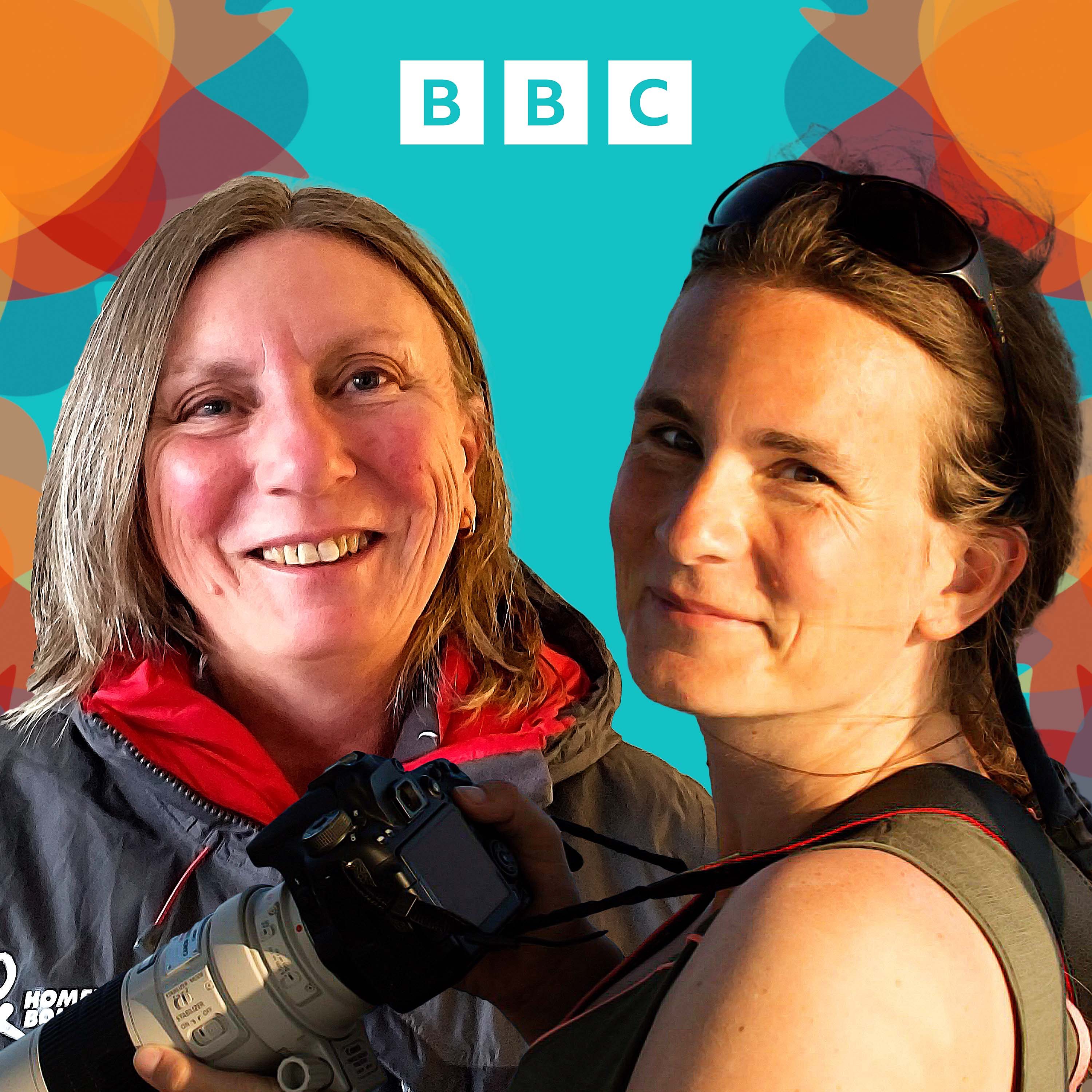Using sound as a tool for conservation
Description
What can the sounds of the natural world tell us about the health of our ecosystems? Datshiane Navanayagam talks two sound ecologists in Scotland and Australia about using soundscape monitoring as a tool to help in conservation work.
Dr Elizabeth Znidersic is an Australian environmental scientist with a particular interest in sound ecology. She has worked extensively in the US and in Tasmania with the Parks and Wildlife Service. Her current project, 'Eavesdropping on wetland birds' uses sound recorders to detect secretive marsh birds and she is about embark on a world-first trial, looking into the effectiveness of using call-playback systems to help restore terrestrial ecosystems.
Dr Denise Risch is a marine mammal ecologist and senior lecturer at the Scottish Association for Marine Science. For twenty years, she’s been involved in the study of aquatic soundscapes and investigates how marine species are impacted by man-made noise pollution. She’s been involved in a project which uses underwater microphones to measure turbine noise in Pentland Firth strait and another, to establish the effects of acoustic signals on harbour porpoises in Scottish waters.
Produced by Hannah Dean
(Image: (L) Dr Elizabeth Znidersic courtesy Dr Elizabeth Znidersic. (R) Dr Denise Risch credit Jonny Reid.)







